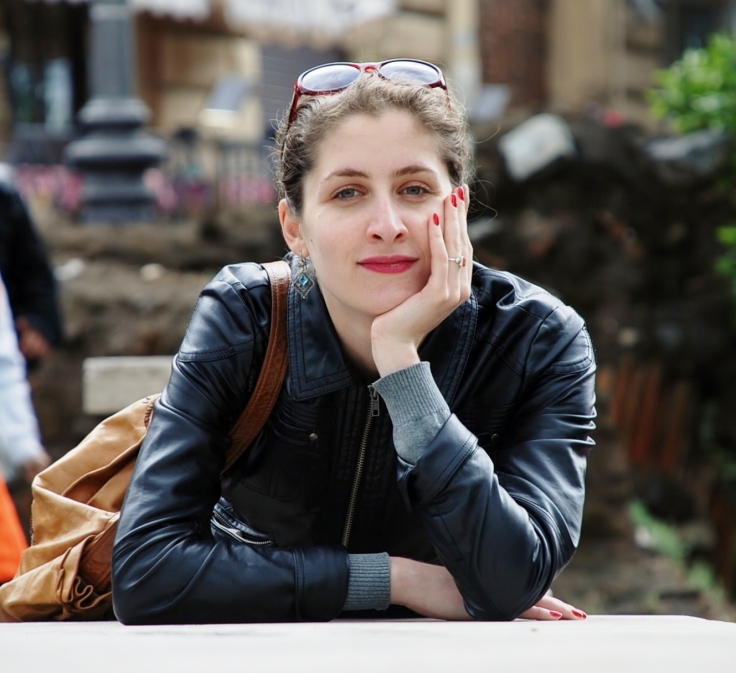 Lia Jamburia will be a visiting scholar in the department this semester – working on her research and in dialogue with our colleagues here. We asked her to introduce herself:
Lia Jamburia will be a visiting scholar in the department this semester – working on her research and in dialogue with our colleagues here. We asked her to introduce herself:
I am a PhD student at the Institute of Comparative Literature at Ilia State University, Tbilisi, Georgia; my PhD thesis is entitled ‘Individual against the system in Soviet and American postmodernist novels’. At the beginning of my doctoral studies, I focused on Soviet Studies: I was interested in the lives and works of the writers (both Georgian and Russian), who survived the great terror of 1930’s and continued to work under and against the totalitarian regime. Following the advice of my supervisor, my project turned into comparative studies and I chose to compare literary works created in the Soviet Union and the United States at about the same period. Despite the differences in circumstances, there are themes that unite these writers, such as the antagonism between system and an individual, the relationship between writer and state, and the means of survival in authoritarian systems and war.
My other experience includes starting and running a non-commercial translation project called Radarami, which focuses on bringing bestselling non-fiction books to Georgian readers. I organized discussions around important issues raised in these books, concerning the financial crisis, economics of developing countries, global warming etc., and translated one of the books published by the project: Globalization and its Discontents by Joseph Stiglitz. While most of the authors were unfamiliar to the Georgian audience, the project has attracted a large number of readers and still continues to elicit controversy, which has been our primary goal from the start.
I have also published literary translations, mostly excerpts from the works of the well-known American writers Joseph Heller and Kurt Vonnegut. They were among the authors that have not been translated into Georgian up to now, since translations had been strictly censored and restricted during the Soviet period. Georgia is currently trying to fill the gap, and I hope to be able to contribute to this process.